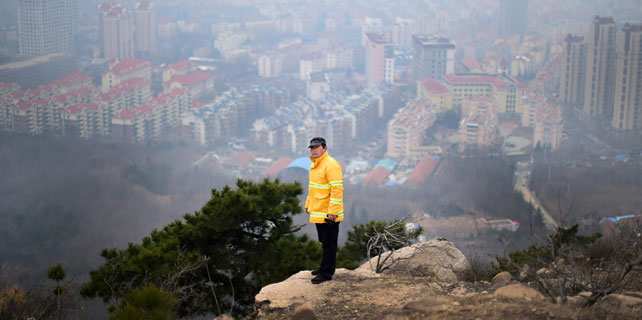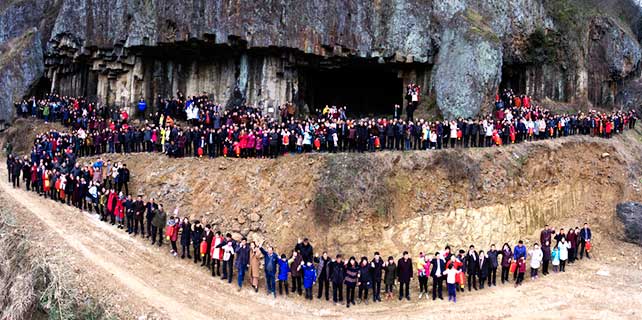China sees faster trains ahead
Next generation capable of 400 km/h to be supplied to Russia, says expert
China is expected to supply next-generation bullet trains capable of traveling at 400 km per hour for Russia's Moscow-Kazan line by 2020, which could enhance the country's position as the world's leader in high-speed rail products and services, said an expert working on the project.
The line is expected to be about 770 kilometers long and will run through seven Russian regions with a total population of more than 25 million. It will use regular high-speed trains rather than magnetic levitation trains.
"To ensure the operation, China will test the 400 km/h train in a selected part of the 709-kilometer Beijing-Shenyang high-speed railway line," said Yang Guowei, a researcher at the Institute of Mechanics of the Chinese Academy of Sciences in Beijing. The railroad is expected to be completed in 2019.
Yang's work unit is responsible for designing the shape of the high-speed trains.
Yang said China will be able to produce cargo trains for transporting regular goods, high-end products and industrial equipment at speeds ranging from 120 to 250 km/h between Asia and Europe by 2020.
Through innovation and development, China has the technology to make electric multiple-unit passenger trains with speeds between 200 and 250 km/h and has established a technology platform for producing trains with a speed of 350 km/h, according to data on the website of the National Railway Administration.
The country does not currently have trains with a speed of 400 km/h. However, Yang said that once they are developed, China can introduce them to the domestic market as well. However, the ticket price may increase because of higher operating costs.
Jia Limin, head of China's high-speed rail innovation program under the management of China Railway Rolling Stock Corp, said, "This could help China build cross-border high-speed train services with its neighboring countries that can alternate between different track gauges, ranging from 60 cm to 1.676 meters." The CRRC is China's rail vehicle manufacturer and exporter.
Wang Mengshu, an academician at the Chinese Academy of Engineering, said it will take time to test safety and control if the speed is increased to 400 km/h.
He said there is a big difference between Chinese engineers getting a high-speed rail system up and running at home and doing something similar in foreign markets. The differences in standards and regulations remain the challenges for China's rail vehicle exporters and infrastructure suppliers hoping to set up overseas. In addition, building costs are fairly expensive.
"Rather than investing in high-speed railway networks overseas, China should focus on expanding domestic lines with faster train speeds," said Wang.
The CRRC is trying to overcome technical barriers in its push to develop maglev trains with speeds of 600 km/h in its Qingdao research center in Shandong province.
Contact the writer at zhongnan@chinadaily.com.cn









